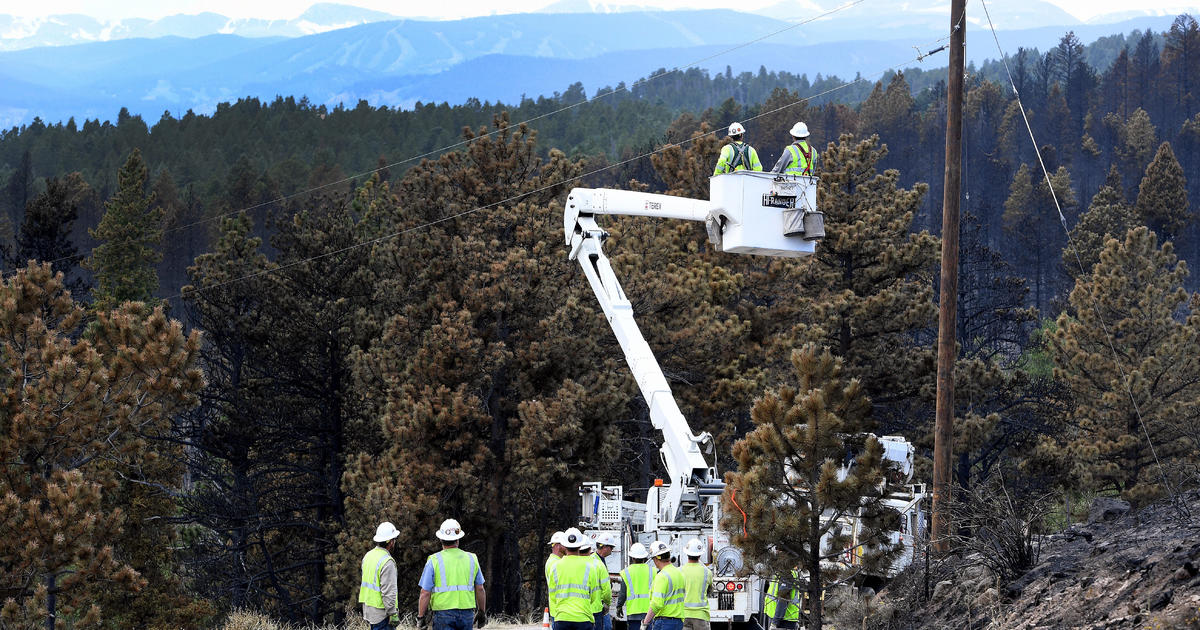Colorado lawmakers introduce bills to regulate teens' use of social media, including age verification
State lawmakers are taking the most significant steps ever to rein in social media and a new poll shows Coloradans are in support of the move. The poll, commissioned by Healthier Colorado, found 82% of those surveyed believe social media has a negative impact on youth mental health, and 75% said they would support a new law to restrict it.
Melina Collier was just 11 years old when she saw the darker side of social media for the first time. She asked followers on Instagram to rate her likability. The feedback was not what she expected.
"It really did have an effect on me," said Collier.
Six years later, Collier is pushing for a bill that would put guardrails on social media use, which the U.S. Surgeon General warns is contributing to a mental health crisis among kids.
Despite that, many, including Collier admit it's addictive, "I feel like our world kind of revolves around it."
Nearly half of teens polled by the Pew Research Center last year say they use social media almost constantly. In an attempt to interrupt the mindless scrolling for hours on end, the bill would require pop-up warnings after an hour of use and after 10 p.m. The pop-ups would appear with increasing frequency until the teen clicked on them, which would take them to a page with information about the effects of social media.
Dr. Sandra Fritsch, a psychiatrist at Children's Hospital Colorado is hopeful that will help break the spell social media seems to have on teens especially.
"Can that make someone pause and step back and disrupt that constant motion? And then learn to put it down."
Fritsch has studied the effects of social media since its advent when her kids were teenagers. She says MRIs of middle schoolers who use social media habitually have shown changes in their brains. While compulsive use of the apps may not cause depression and anxiety, Fritsch says it's a contributing factor, if for no other reason than teens get less exercise and sleep.
"If you've got disrupted sleep, your mental health is going to be affected by it."
Lawmakers have also introduced a bill aimed at stopping the sale of drugs and guns to kids online. It would require age verification and parental controls until a kid turns 18 years old.
"The tools are available to stop it. Now it's just a matter of being able to stand up to big tech and say, 'We're going to stop it here,'" says Sen. Dafna Michaelson Jenet, who is sponsoring the bill with Sen. Chris Hansen.
It would also require social media companies to respond to law enforcement inquiries within three days, bar them from alerting a user when their account is under investigation, and block those selling to minors immediately.
"In some cases, they have a 10 or 12-strike policy. It's not working," says Hansen.
The companies would not only have to publish their policies - including where to report violations - but submit yearly reports to the attorney general's office. Violations would be a deceptive trade practice.
Hansen says they looked at court cases around the country to avoid legal challenges, "I think we can craft a bill that will drastically increase safety and be Constitutional. They're making billions of dollars selling products to our kids, they need to take responsibility for the safety of their users."
Collier agrees, "I'm not sure this is a total solution but I think it is definitely the foundation for how we can start to see change in a teen's mental health."
The legislation requiring pop-up warnings would also require the Colorado Department of Education to compile information on how social media impacts mental health, brain development and overall well-being, and to make the information publicly available. The bill will get its first committee hearing on Feb. 22.






